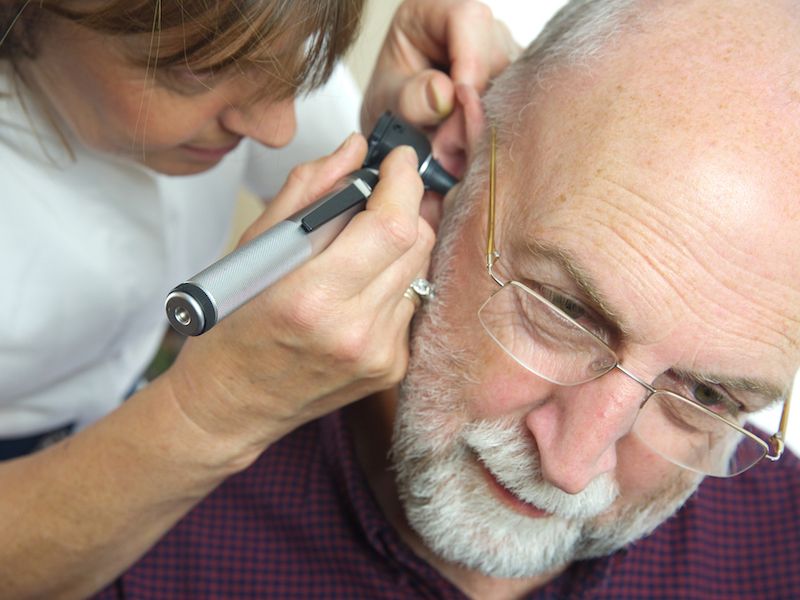
If you wear glasses, you understand you still need to make an appointment with your eye doctor once a year, right? That’s because your eyes can change over time. As a matter of fact, no part of your body is static, not your eyes and not, the reality is, neither are your ears. That’s the reason why, just like you do with your eyes, it’s necessary to keep getting your ears tested even after you buy a set of hearing aids.
Unfortunately, many people miss those regular checkups. Perhaps they’ve been consumed with making the most of their lives to get back in to see the doctor. Or it could be that your job has been difficult recently. Or it’s possible you’ve just been so happy with your hearing aids that you haven’t had a reason to go back in. That should be a positive thing, right?
For most individuals with hearing damage, even one follow-up consultation becomes almost more important over time. Despite that, ongoing care is often ignored. According to one survey, only 33% of seniors with hearing aids also used regular hearing services.
After You Get Hearing Aids, Why Would You Need to Get Normal Examinations?
Your hearing is not static. Over time it changes. When these changes happen, you need to adjust your hearing aids to compensate. Issues can be discovered early and your hearing aids can be adjusted accordingly.
It may be a good idea to have normal checkups for other reasons too. Here are a few reasons why you need to make it to your hearing examinations:
- Hearing decline: Even if you use a hearing aid, your hearing might continue to deteriorate. If this degeneration is slow enough, you probably won’t recognize it’s happening without the aid of a hearing evaluating. Appropriate alterations to your hearing aids can often slow hearing declines.
- Hearing aid calibration: Though your general hearing health might remain stable, small changes in your hearing could create the need for annual calibration of your hearing aid. Your hearing aids could gradually become less reliable if you neglect this kind of calibration.
It’s important to have your hearing aids cleaned professionally now and again in addition to tracking changes in your hearing. We can help make certain your hearing aid is functioning the way it is supposed to, clean all the small components and keep it in top notch condition.
The Risk of Not Following up With Regular Check-Ups
The primary problem, here, is that sooner or later, the hearing aids will quit working the way they’re supposed to, so you’ll get aggravated with them and stop wearing them altogether. Wearing hearing aids helps you hear better, naturally, but it also affects your overall health. If you discontinue using your hearing aids, not only can your hearing decline faster, you may not notice it immediately. Increased risk of hearing accidents, as well as cognitive decline, have been connected to loss of hearing.
If you really want your hearing aids to continue working at an optimal level, frequent checkups are going to be your best choice in terms of achieving that. So that you can make certain your hearing aids are functioning as they should be you should have annual hearing assessments. So now it’s time to schedule your hearing appointment.